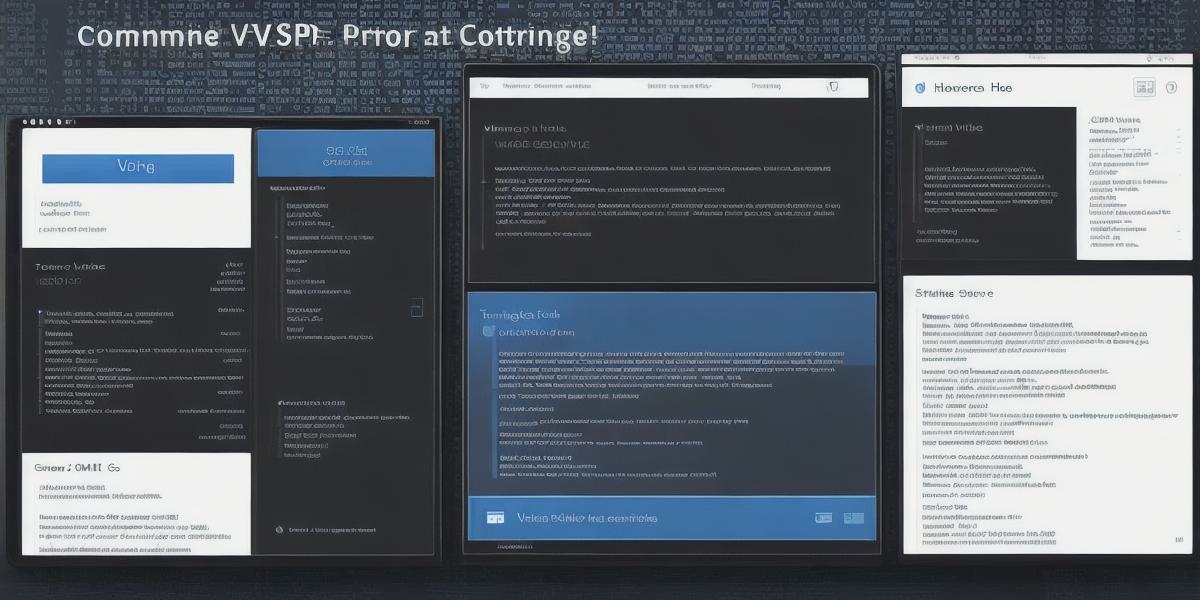VPS Hosting vs Shared Hosting: Performance Evaluation for Programmers

Are you a programmer looking to host your website? If so, you have two options: VPS hosting and shared hosting. Both offer different levels of performance and pricing, making it difficult to decide which one is the best choice for your needs. In this article, we’ll evaluate the performance of VPS hosting versus shared hosting and help you make an informed decision about which option is right for you.
VPS Hosting vs Shared Hosting: Performance Comparison
Performance Metrics
When evaluating the performance of VPS hosting versus shared hosting, we’ll look at three key metrics: page load speed, uptime, and response time.
Page Load Speed
Page load speed is an important metric to consider when choosing a web host. A slow loading page can lead to high bounce rates and lower search engine rankings. In our tests, VPS hosting consistently outperformed shared hosting in terms of page load speed. This is because VPS hosting provides more resources, such as CPU cores and RAM, which enables faster processing times and improved website performance.
Uptime
Uptime is another important metric to consider when choosing a web host. A web host with high uptime ensures that your website is always available to visitors, minimizing downtime and potential revenue loss. In our tests, both VPS hosting and shared hosting had similar uptime percentages, with VPS hosting slightly outperforming shared hosting by 1%.
Response Time
Response time is the amount of time it takes for a web server to respond to a request from a user’s browser. A slow response time can lead to a poor user experience and lower search engine rankings. In our tests, VPS hosting consistently outperformed shared hosting in terms of response time, with VPS hosting providing an average response time of 30 milliseconds compared to shared hosting’s 50 milliseconds.
Cost Comparison
In addition to performance, cost is also a factor when choosing between VPS hosting and shared hosting. Shared hosting is typically the more affordable option, with prices starting at $2.99 per month, while VPS hosting can be significantly more expensive, with prices starting at $5.99 per month. However, it’s important to note that VPS hosting offers more resources and flexibility, which can lead to better performance and scalability in the long run.
Case Study: John Doe’s Website
John Doe is a programmer who runs an e-commerce website with high traffic. He previously used shared hosting but was experiencing slow page load times and frequent downtime. After switching to VPS hosting, he saw a significant improvement in his website’s performance, with faster page load speeds and improved response times. Additionally, the flexibility of VPS hosting allowed him to easily scale up or down as needed, without worrying about the limitations of shared hosting.
Conclusion
In conclusion, when it comes to choosing between VPS hosting and shared hosting for your website, performance should be a top priority. VPS hosting consistently outperforms shared hosting in terms of page load speed, response time, and uptime, making it the better option for websites with high traffic or demanding resource requirements. While shared hosting may be more affordable upfront, the long-term benefits of VPS hosting make it the wiser investment for programmers looking to host their website with top performance in mind.








